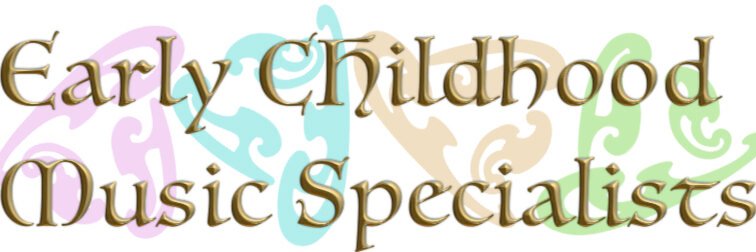Early Childhood Music: FAQ & FACTS
Why is music important in early childhood?
Music is a natural language for children. Long before they can speak, they respond to rhythm, melody, and sound. Engaging with music supports the development of the whole child — building skills for learning, relationships, and self-expression.
Frequently Asked Questions (FAQ)
1. How does music help brain development in young children?
Music stimulates both sides of the brain at once. Studies show that rhythm, melody, and movement improve memory, attention, and problem-solving skills. Children who experience regular musical play often develop stronger language and literacy skills.
2. Isn’t music just for fun?
Music is fun — and that’s exactly why it’s so effective. Joyful, play-based music activities lower stress, increase motivation, and create positive emotional connections that help children learn more deeply.
3. What age should children start with music?
It’s never too early! Babies respond to lullabies and rhythms from birth, and even before. Toddlers and preschoolers thrive on interactive music play that builds coordination, speech, and social awareness.
4. Do children need to be “musical” to benefit?
Every child is musical in their own way. The aim is not to produce professional musicians but to support healthy development and confidence. All children benefit from music, regardless of talent or background.
5. Can music really help with social skills?
Yes. Group singing, drumming, and movement games encourage cooperation, turn-taking, listening, and empathy. Music naturally builds a sense of belonging and community.
6. How does music support emotional wellbeing?
Singing and playing with music helps children regulate emotions, express feelings, and build resilience. Music can calm anxiety, lift mood, and create moments of joy and connection.
Quick FACTS about Early Childhood Music
🧠 Boosts brain development: Strengthens neural connections for language, maths, and memory.
🗣️ Improves communication: Supports vocabulary, rhythm of speech, and listening skills.
🤝 Builds social skills: Encourages cooperation, empathy, and confidence in groups.
❤️ Supports emotional growth: Provides safe ways to express feelings and reduce stress.
🏃 Enhances physical coordination: Movement with music improves balance, rhythm, and motor skills.
🌍 Cultural awareness: Music introduces children to different traditions and sounds from around the world.
👉 Want to learn how to harness these benefits in your classroom or home?
[Enrol in the Early Childhood Music Specialists Training Course today]
Would you like me to make this page more visual (with suggested icons, callout boxes, and section breaks), so it reads like a modern landing page rather than just text?
Become an Advocate
Becoming and advocate is easy. Add your name to the growing list of people involved in early childhood music at any level, showing your support for this essential, growing community.

To date, we are aware of over 3,000 early childhood music specialists. Add your name and join our number now.
